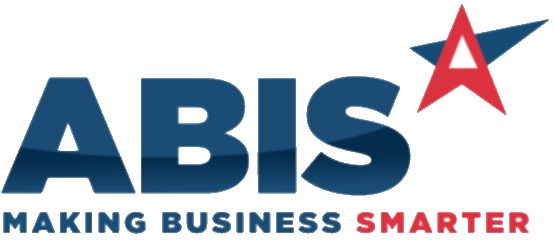Difference between revisions of "Sales Tax Calculations on Quote/SO/Invoice"
From Adjutant Wiki
(Created page with "__NOTOC__ ===General Information=== Sales Tax is calculated according to the Tax Table of the Ship To listed on each Quote/Sales Order/Invoice line. '''If the SOLDTO record...") |
|||
| Line 8: | Line 8: | ||
===Tax Tables=== | ===Tax Tables=== | ||
| − | Tax Tables are maintained in the | + | Tax Tables are maintained in the Tax Table Master screen. |
They are composed of at least one Tax Rate. There are six different types of Tax Rates: State, County, City, Metro Transit Authority (MTA), Special Purpose District (SPD), and Other. | They are composed of at least one Tax Rate. There are six different types of Tax Rates: State, County, City, Metro Transit Authority (MTA), Special Purpose District (SPD), and Other. | ||
Latest revision as of 14:55, 26 January 2023
General Information
Sales Tax is calculated according to the Tax Table of the Ship To listed on each Quote/Sales Order/Invoice line.
If the SOLDTO record is marked as Tax Exempt all SHIPTO children will automatically be tax exempt, regardless of the Tax Table that is selected.
Tax Tables
Tax Tables are maintained in the Tax Table Master screen.
They are composed of at least one Tax Rate. There are six different types of Tax Rates: State, County, City, Metro Transit Authority (MTA), Special Purpose District (SPD), and Other.
Companies subscribed to the ABIS Sales Tax Update Service have their Tax Tables updated on the 1st of each month.
Sales Tax Calculation
The Quote, Sales Order, and Invoice calculate sales tax per line and per jurisdiction. The shipto address and shipping warehouse of each line is used to assign the tax table for each line. The tax for each jurisdiction is totaled in order to calculate the Extended Tax Amount for each line. This amount for each line is totaled in order to calculate a total sales tax amount.
For shipments to Texas addresses from Texas warehouses, an overlay logic can be used. The overlay tax table is added to the warehouse record in Adjutant. The tax table for the warehouse is used as the base tax table, and the tax table for the shipto address is overlayed on top of the warehouse table. The rates are applied in the following order.
City, County, MTA. SPD. Locals
If the base tax table (whse) plus each piece of the shipto taxtable is less that 8.25, then the piece is added.
Example
The whse tax rate is 7.50%, and the ship to rate is 8.25% (6.25% state, .5% county, 1.5% city)
The 7.5 base + 1.5 city is more than 8.25, so the city cannot be used.
The 7.5 base + .5 count is less than 8.25, so the new rate is 8
These process is carried out for all the parts of the shipto tax rate.
This new rate is then used for the line.
